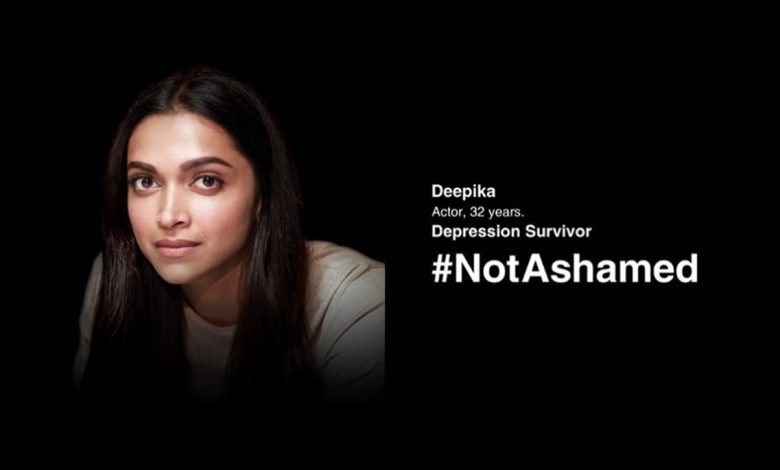You May Find It Harder to Get Jobs After Sharing Your Mental Health Struggles Online – Study

The increasing trend of individuals openly discussing their mental health struggles on social media platforms has become more commonplace in recent times. However, a recent study sheds light on the potential negative consequences this openness may have on future employment prospects.
The research, conducted by Lori Foster, a psychology professor at North Carolina State University, and Jenna McChesney, an assistant professor of psychology at Meredith College, indicates that potential employers perceive job candidates differently when they publicly share their personal mental health experiences on social media.
While there is a noble aim to reduce the stigma associated with mental health challenges by encouraging open discussions on platforms like LinkedIn, this study suggests that such disclosures may have unexpected repercussions for individuals sharing their mental health journeys.
The study demonstrated that these public disclosures can significantly influence how employers assess a person’s professional suitability. For instance, the study revealed that mental health-related posts on platforms like LinkedIn can alter the way employers perceive individuals in a professional context. This finding highlights the importance of individuals considering the potential consequences before sharing their mental health experiences online.
To conduct the study, the researchers enlisted 409 professionals with hiring experience and divided them into four groups. One group was shown a LinkedIn page of a job candidate without any mention of mental health challenges. Another group viewed the same LinkedIn page but with an additional post discussing the candidate’s experiences with anxiety and depression. The third group saw the LinkedIn profile and listened to an audio interview with the candidate. The final group viewed the LinkedIn profile with the post about anxiety and depression and listened to the audio interview.
Subsequently, each participant was asked a series of questions about the job candidate’s personality and their anticipated performance in the workplace. The results showed that participants who were exposed to the LinkedIn post about mental health challenges tended to view the job candidate as less emotionally stable and less conscientious.
While listening to the interview somewhat mitigated concerns about the candidate’s emotional stability, it had little effect on their perception of the candidate’s conscientiousness. In essence, the initial perceptions formed after viewing the LinkedIn profile largely persisted throughout the interview.
The study’s findings do not imply that individuals should refrain from sharing their experiences with anxiety and depression on professional networking platforms. Instead, the research serves as a reminder that those considering such disclosures should be mindful of the potential impact it could have on future employers’ perceptions of them.
In essence, the study contributes to a broader understanding of the potential positive and negative consequences of individuals sharing their authentic selves online, offering valuable insights into the complex interplay between personal disclosure and professional image.
The findings from this research were recently published in the Journal of Business and Psychology, offering a significant contribution to the ongoing dialogue surrounding mental health, social media, and professional perceptions.





